- Home
Page 3
Page 3
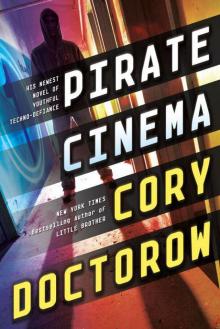 Pirate Cinema
Pirate Cinema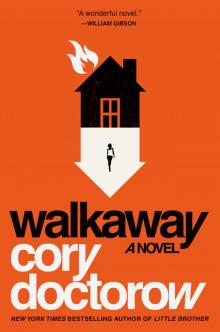 Walkaway
Walkaway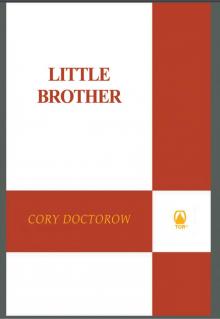 Little Brother
Little Brother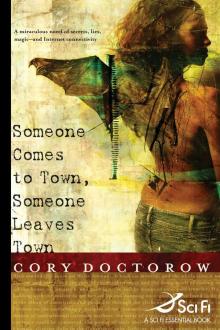 Someone Comes to Town, Someone Leaves Town
Someone Comes to Town, Someone Leaves Town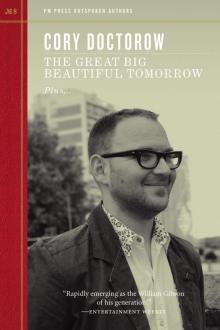 The Great Big Beautiful Tomorrow
The Great Big Beautiful Tomorrow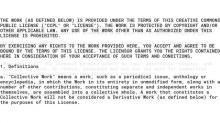 Super Man and the Bug Out
Super Man and the Bug Out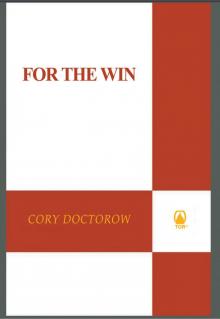 For the Win
For the Win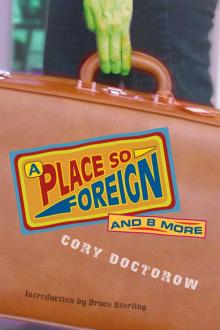 A Place so Foreign
A Place so Foreign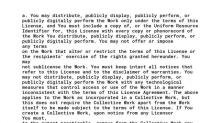 Shadow of the Mothaship
Shadow of the Mothaship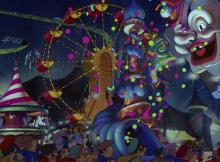 Return to Pleasure Island
Return to Pleasure Island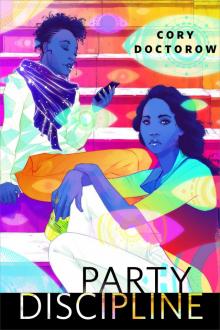 Party Discipline
Party Discipline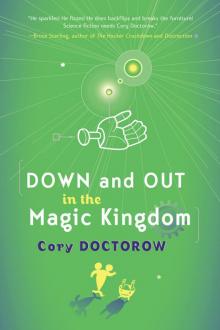 Down and Out in the Magic Kingdom
Down and Out in the Magic Kingdom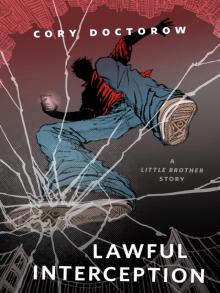 Lawful Interception
Lawful Interception Homeland
Homeland Eastern Standard Tribe
Eastern Standard Tribe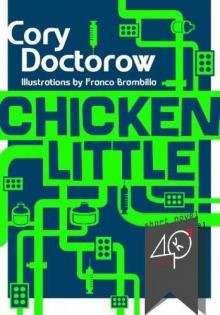 Chicken Little
Chicken Little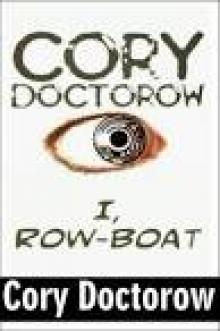 I, Row-Boat
I, Row-Boat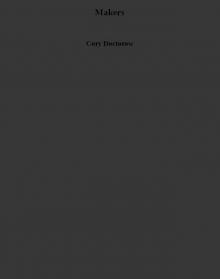 Makers
Makers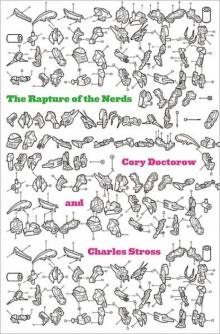 Rapture of the Nerds
Rapture of the Nerds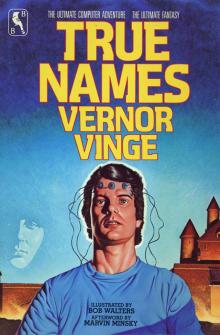 True Names
True Names